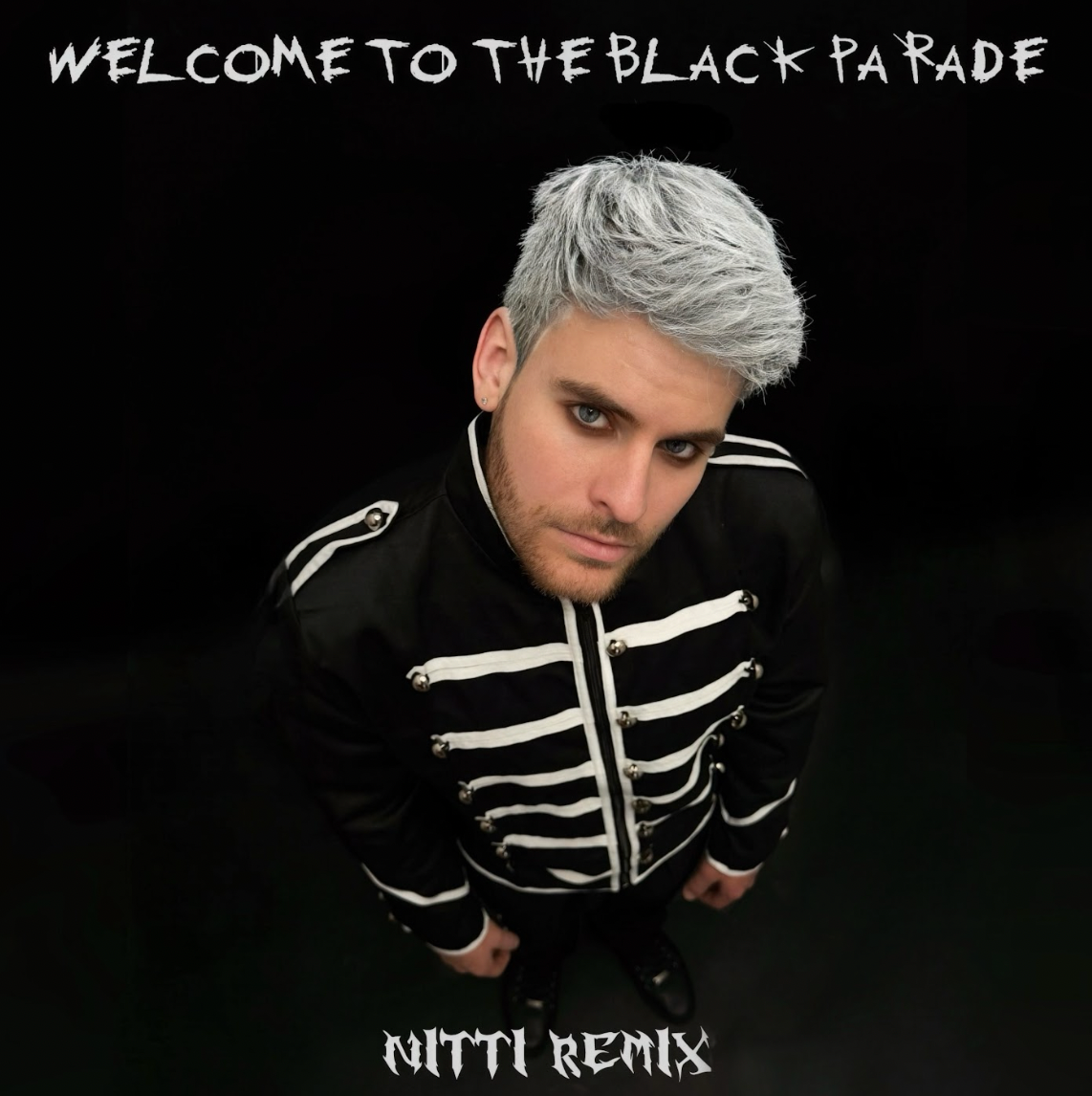Morgan Page "DC To Light" Album Review
Morgan Page is seasoned. He's worked for years behind the scenes as a producer, gaining some traction as an artist in his own right with hits like “In The Air,” and “Fight For You.” He's got a Grammy nomination to his name for a Deadmau5 remix. He's even enjoyed hosting his own SiriusXM radio show. With so many accolades and hits under his belt, where else is there for Page to go? Is DC to Light evidence of Morgan’s transcendence into a being made up of pure light and synthesizer, or is it just par for the course?
Listening to DC to Light for the first time, I was amazed at how many times Page tricked me.
The title of the album, DC to Light, isn't about traveling from Washington to Valhalla. Rather, it refers to the full range of amplitude, zero hertz (DC), to the highest possible amplitude (light). It’s a musically technical title, which perfectly reflects the musicianship present on Page's most recent installment - filled with progressive house tracks with emphasis on the progressive.
Whereas other DJ's might throw you a bass drop to get your face melting right away, Page doesn’t pander to your whims. You’ll get your bass drop when you’re good and ready, but make no mistake: you are not ready. Page knows the value of delayed gratification and how the EDM audience waits, practically panting for it - and he has no trouble playing to that crowd, teasing drops tortuously.
EDM fans are vacuums for content, digesting all music as it comes. They know where the bass is going to drop, where the fade-out should be, they think they’re hip to the act and, then, in comes Morgan Page, clarifying that you know nothing.
We are the Ygritte to his Jon Snow.
There is no single rise and drop in Page’s tracks, because he’s aware of how boring that is. Instead, what you get are sudden rises that lead into another powerful set of lyrics, garnished with an amplified set of drums or wailing guitar solo. Just when the song is running on all cylinders and you're not sure if your ears can handle of this magnitude— everything ends. The songs run just as long as they need to get in your head.
In “Trigger (feat. Rosette & Dirty Radio),” the chant of "Baby pull my trigger" is sawed off to just "Baby pull my --" as the beat builds and the chant keeps going. By the end of it, your brain's trigger finger is itchier than a hair sweater, and it’s gotta get scratched.
Not unlike when a DJ ends their set abruptly, we're still singing along when the artist cuts the flow out from under us. DC to Light creates this same vibe of instant re-listenability.
Despite having an overall clubbier aesthetic, DC to Light isn't just pure synthesizer. Page experiments with a wide arrange of instruments to accompany his tight beats. For the casual fans, you've got your standard-issue synthesizer tracks. On the other hand, there's also drum circles, ornate violin medleys and guitar wails. No sound is more prominent than Page’s calling card, a lonesome classical piano. The keys manage to find their way into every track. It’s especially refreshing have a common theme like this, especially on a progressive house album, as it gives DC to Light a through-line.
It’s clear that Page put his full creativity behind particular tracks that try to break the mold in order to give you something new. The vigilance is sometimes a detriment to the producer, ending up resulting in atypical, poppy beats. On two separate occasions, I had to double check that my iPod didn’t suddenly shuffle to a Chris Brown or Ne-Yo song. On tracks like this, there’s seemingly no cohesion between the DJ and the vocalist. Oh sure, these are still technically progressive house sounds, in that there’s an obligatory build up to a bass drop, but given the quality of the rest of the album it just feels tacked on.
Overall, I would have to say DC to Light was a pretty good album, with tracks like “No Ordinary Life,” “Safe Till Tomorrow,” and “Open Heart” serving as the clear standouts. Morgan Page tries to put something on the album for everyone, and while this produces diminishing returns at times, it's always technically tight, with that authentic Page sound that always leaves you wanting for more.






![[LISTEN] VEIL Releases Final Single 'OVERLOAD' From Upcoming Debut Album](http://iedm.com/cdn/shop/articles/OVERLOAD_ART_SQUARE.png?v=1731115187)
![[LISTEN] Rafasan Delivers Club-Ready Tech House Anthem With 'Turn The Music Up'](http://iedm.com/cdn/shop/articles/RAFI_ATL_7.27.24_OW_23of64.jpg?v=1730855737)

![[LISTEN] Excision And Dion Timmer Deliver Genre-Bending Bass Track “DABADABADABADABA” On Monstercat](http://iedm.com/cdn/shop/articles/Excision_x_Dion_Timmer_SQUARE_fadewood_1.jpg?v=1730768441)






